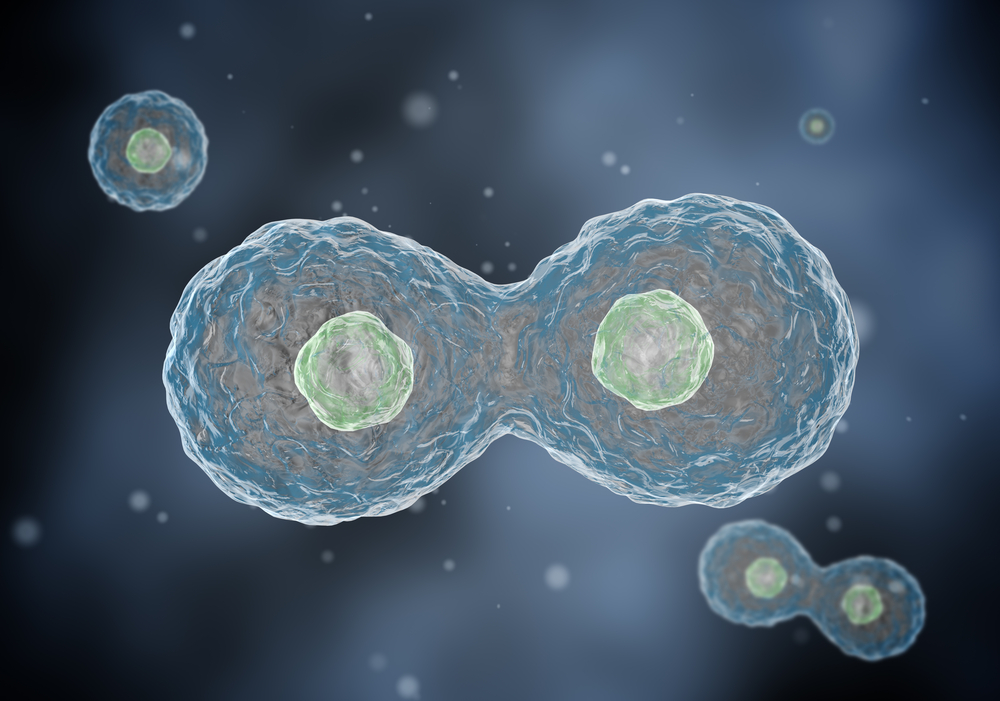G1 Therapeutics, a clinical-stage company developing small-molecule based therapies for cancer patients, announced the initiation of two clinical trials testing their new therapy for protecting small-cell lung cancer patients undergoing chemotherapy.
The drug, called G1T28, is delivered intravenously and its action is to inhibit two key proteins – CDK4 and CDK6 – required for cancer progression. The compound is expected to protect cancer patients’ bone marrow and immune system from the damaging effects of chemotherapy. Specifically, G1T28 action induces a temporarily blocking of hematopoietic stem and progenitor cells cell cycle. In this way, since chemotherapy acts on actively dividing cells, by inhibiting the division of these cells, G1T28 promotes their resistant to the toxic effects of chemotherapy.
Results from an earlier Phase one-a trial for G1T28 showed the treatment was well tolerated by patients and it induce, quite effectively, the robust, but reversible, arrest of bone marrow stem cells cell cycle (called G1 phase). These promising results were recently presented at the Annual Meeting of the American Society of Clinical Oncology (ASCO), held in Chicago.
Raj Malik, M.D., G1 Therapeutics chief medical officer commented the upcoming G1T28 clinical trials, “More than 300,000 patients per year are treated with chemotherapy for CDK4/6-independent tumors in the U.S. alone, but there are no approved therapies that protect a patient’s bone marrow and immune system from the toxicity it causes. These phase one-b/two-a proof-of-concept trials will evaluate G1T28’s ability to provide multi-lineage bone marrow and immune system protection in newly diagnosed and previously treated patients with small-cell lung cancer.”
G1 Therapeutics CEO Mark Velleca added, “G1T28 is a first-in-class approach that could change the oncology treatment paradigm by mitigating myelosuppression and improving tumor responses and health outcomes. We are thrilled to have the first patient dosed and to assess these potential benefits.”
The two G1T28 trials will be performed on patients with small-cell lung cancer – a first trial will test G1T28 in approximately 80 patients who were newly diagnosed with extensive-stage small-cell lung cancer and are planned to receive chemotherapy with carboplatin and etoposide; the second trial enrolled 40 patients who already received a first round of treatment for extensive-stage disease and are planned to receive a second treatment with the chemotherapy drug topotecan.

